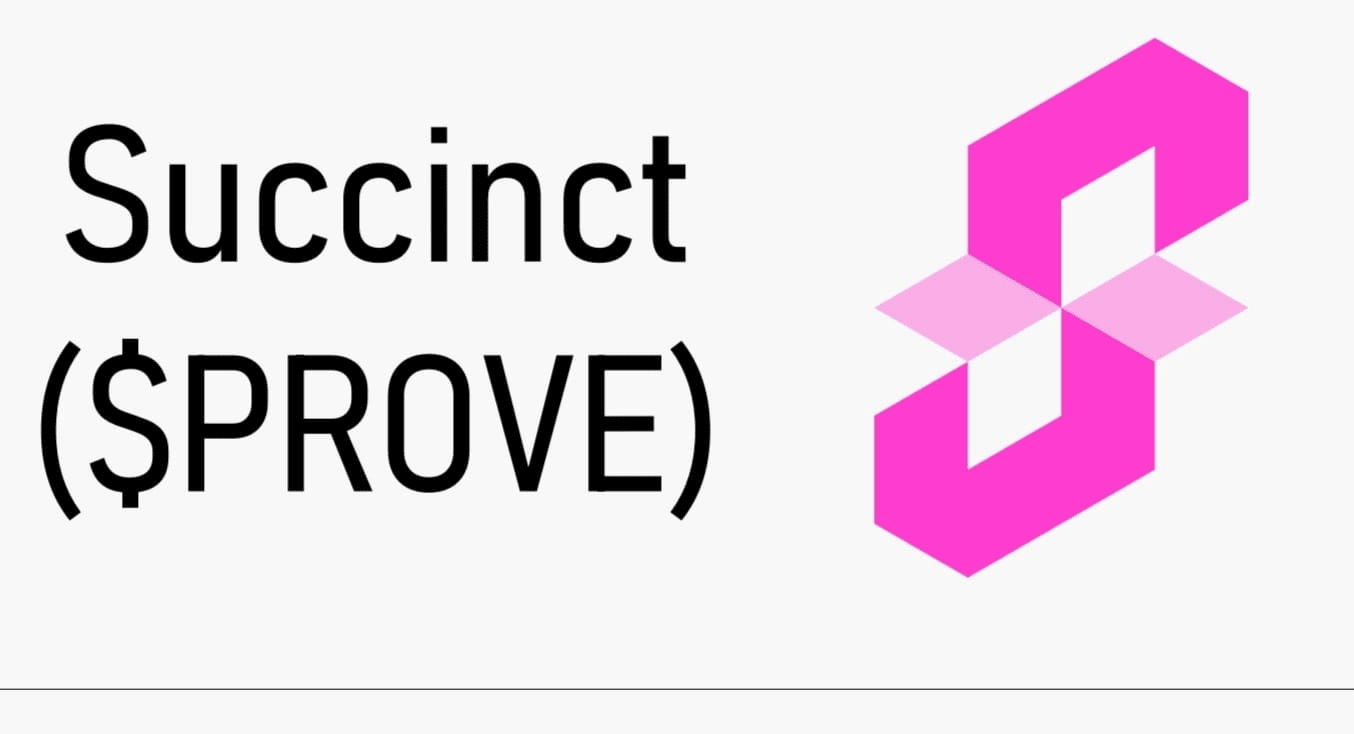Thesis: In the Prove ecosystem, mathematical proofs are no longer just intangible concepts but have become economic goods tradable in an open and decentralized market. This is achieved through open auctions, transparent pricing, stakeholder incentives, and adaptive governance.
Proof (Rate and Refined):
From closed systems to open auctions 🔓
Original Claim: Prove transitions from centralized operators to open auctions, allowing anyone to stake and bid. By the second quarter of 2025, 320 auction providers had joined, processing 850,000 proof tasks monthly, with fees aligned to task complexity.
Refined Proof: Prove is reshaping proof production by replacing centralized systems with an open auction market. Any participant can stake or bid on proof tasks. By the second quarter of 2025, the market recorded 320 providers processing 850,000 tasks monthly, with fees transparently reflecting task complexity. This proves that proofs are economic goods determined by supply and demand.
Commissioners and Returns 💸
Original Claim: Commissioners share fees when supporting successful proof providers, with returns ranging from 5-11% in 2025, and larger spikes during high demand for zk-rollup.
Refined Proof: Commissioners supporting proof providers with their stakes receive a share of the fees based on provider performance. In 2025, returns ranged from 5-11%, with increases during peak demand for technologies like zk-rollup. This makes proofs economic assets generating returns, similar to investment goods, and incentivizes commissioners to fund computing efficiently.
Accountability through collateral 🛡️
Original Claim: Staked capital acts as insurance, where fraudulent or delayed proofs lead to discounts, ensuring provider integrity.
Refined Proof: The staking system in Prove links performance to financial accountability. Providers who fail to deliver accurate proofs or on time lose part of their staked capital, enhancing reliability without the need for centralized intermediaries. This proves that proofs are goods with economic value subject to market risks.
Governance as Adaptive Design 🗳️
Original Claim: The market evolves through governance, with 35,000 active voters setting auction rules, emissions, and discounts.
Refined Proof: Prove's decentralized governance, involving 35,000 voters, enables dynamic market evolution. Voters set auction rules, fee distribution, and penalties, achieving a balance between efficiency and fairness. This makes proofs goods that are priced and traded in a democratic market.
Conclusion: In Prove, proofs are economic goods subject to supply and demand dynamics, traded through open auctions, supported by commissioner stakes, and organized by adaptive governance. Proofs are not just mathematical outcomes, but economic assets with value and tradeability.
Question: Should commissioners think like venture capital investors or as infrastructure supporters?
Answer: The role of commissioners in Prove depends on their strategy and risk tolerance. The options can be analyzed as follows:
As venture capital investors (VCs):
Commissioners adopting a venture capital approach focus on high risk versus high returns. They choose emerging or innovative proof providers that may tackle complex tasks (like zk-rollup) during high demand periods, potentially leading to returns of up to 11% or more. This approach requires careful assessment of provider performance and risk tolerance for losses if they fail to deliver accurate proofs or on time.
As infrastructure supporters:
Commissioners who prefer stability focus on supporting reliable proof providers that handle stable and regular tasks. This is akin to investing in infrastructure, where returns are lower (perhaps 5-7%) but more stable, reducing the risk of discounts due to failures. These commissioners contribute to market stability and support essential operations.
Recommendation: Commissioners should balance the two approaches based on their goals. If they seek rapid growth and can tolerate risk, the venture approach is suitable. If they prefer stable returns with lower risk, supporting infrastructure is the better choice. A diversified strategy (supporting a mix of reliable and innovative providers) may be ideal for achieving balance.
Additional Notes:
Market Transparency: Pricing proofs based on task complexity enhances their status as economic goods, with value determined dynamically.
Role of Governance: The participation of 35,000 voters confirms that the market is not only open but democratic, enhancing the tradeability of proofs as goods.
$PROVE token: Indicates the existence of a digital token that incentivizes participation, enhancing the economic nature of proofs.
🌟 Not financial advice, do your own research 🌟
$PROVE #prove @Succinct #FamilyOfficeCrypto

